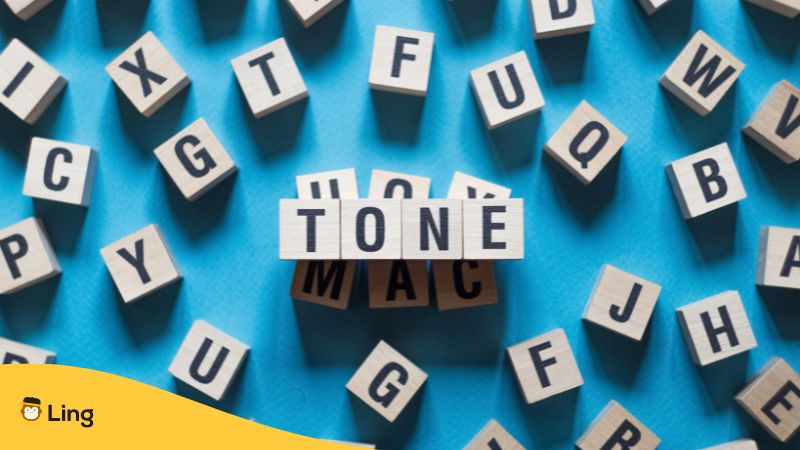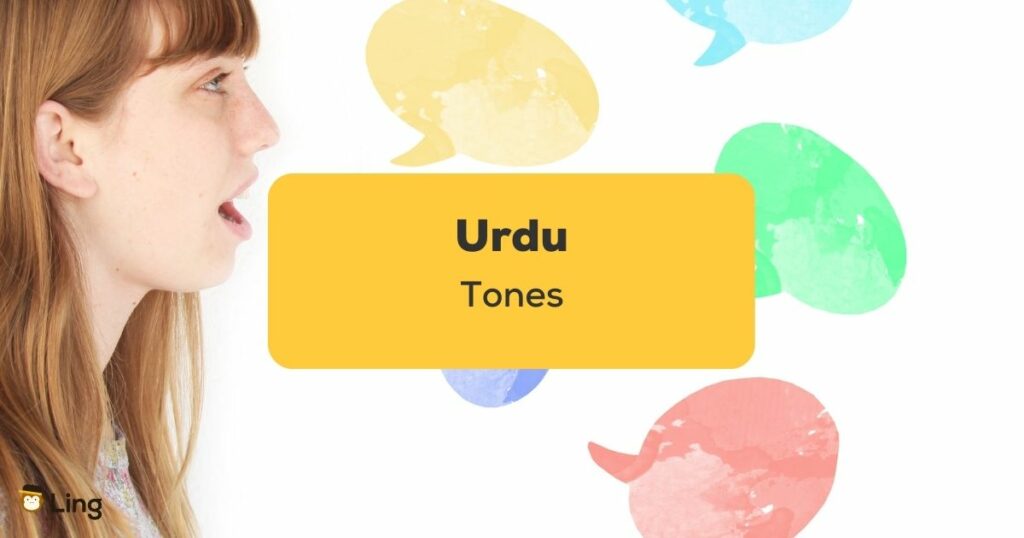In the Urdu language, the term تن Taan is used to refer to tones. Tones in Urdu are musical or melodic patterns that are applied to the pronunciation of words or phrases. These tonal patterns can add an expressive and rhythmic quality to the language. However, it’s important to note Urdu tones are not used to differentiate lexical meaning, as they would in tonal languages like Mandarin Chinese.
We’ll be looking at two aspects of tones in Urdu, you could also refer to this as two languages! In Urdu, tones are primarily employed in poetic or musical contexts. They are utilized to enhance the aesthetic appeal of poetry, recitation, and singing. Different taans or melodic patterns are employed to evoke emotions, create rhythm, and add musicality to the spoken or sung verses. These taans contribute to the overall artistic expression in forms such as Ghazal, Qawwali, and classical music.
Tones in Urdu poetry and music are often associated with the concept of سر Sur (musical note) and are used to create a melodic flow. Skilled poets and vocalists pay attention to the precise application of taans to songs to ensure the desired impact on the audience.

Explaining Urdu Tones
In Urdu pronunciation, it’s important to know that tones are also as just as important as memorizing vocabulary and alphabet. While Urdu does not have distinct tonal categories like rising, falling, or contour tones, the pitch and intonation patterns can vary depending on the context and the speaker’s intent.
In spoken Urdu, the tone of speech can convey various emotions or attitudes, such as:
- Neutral Urdu Tones: This is the default tone used in everyday conversation. It doesn’t carry any specific emotion or emphasis.
- Polite Urdu Tones: When speaking politely or formally, the tone tends to be respectful, soft, and courteous.
- Excited Urdu Tones: When expressing excitement or enthusiasm, the tone may become more animated, with a higher pitch and increased energy.
- Angry Urdu Tones: When expressing anger or frustration with children, the tone becomes harsher and louder and may include sharp intonations.
- Sad or Melancholic Urdu Tones: When conveying sadness, grief, or melancholy, the tone may become softer, slower, and more subdued.
- Authoritative Urdu Tones: When asserting authority or giving commands, the tone becomes firm, confident, and commanding.
The Truth About Urdu Tones

As mentioned earlier, there are no distinct tones used to differentiate meaning or convey grammatical information in spoken Urdu. It is a non-tonal language. However, like any language, the tone or intonation of speech in Urdu can still vary and convey different meanings, emotions, attitudes, or emphasis. The pitch, rhythm, and overall delivery of speech can influence the perceived tone of a conversation, but these variations do not alter the meaning of individual words or sentences.
In the Urdu script, there are no tone markers associated with individual alphabets or words. The pronunciation of nasal sounds in Urdu is primarily indicated by specific letters within words rather than tones. For example, nasalization is indicated by using the letters ن Noon or ں Noon ghunna at the end of a word or before a consonant. These letters indicate that the preceding vowel sound is nasalized. For example, the word سن Sun has a nasalized “n” sound at the end.
Urdu also uses other phonetic features such as long vowels, diphthongs, and consonant clusters to convey pronunciation variations, but these do not represent tones. It has a rich phonetic system with specific sounds and pronunciation rules, it does not employ tones in the way tonal languages do, where different pitch variations on syllables can change the meaning of words.
Here are examples of stressed syllables, long vowels, diphthongs, and consonant clusters in Urdu that contribute to pronunciation variations:
- Long Vowels:
| English | Long Vowels | Urdu | Pronunciation |
| Father | آ/aa | باپ | Baap |
| Snake | ا/aa | سانپ | Saanp |
| Gold | و/oo | سونا | Sona |
| Lion | ی/ee | شیر | Sher |
- Diphthongs:
| English | Diphthongs | Urdu | Pronunciation |
| Lecture | ئے/ai | لیکچر | Lecture |
| Friend | ؤ/au | دوست | dost, |
| Load | ئو/oo | لوڈ | Load |
- Consonant Clusters:
| English | Consonant | Urdu | Pronunciation |
| Food | کھ/kh | کھانا | Khana |
| Lie | جھ/jh | جھوٹ | Jhoot |
| Cold | ٹھ/th | ٹھنڈا | Thanda |
| Betrayal | دھ/dh | دھوکا | Dhoka |
| Umbrella | چھ /chh | چھتری | Chhatri |
| Fatigue | تھ/th | تھکن | Thakan |
| Home | گھ/gh | گھر | Ghar |
| Fruit | پھ/ph | پھل | Phal |
Use The Ling App To Learn Urdu

Embark on an extraordinary journey of Urdu language mastery with the unmatched companion: the Ling app. With its exceptional features and user-friendly interface, Ling stands as the ultimate choice for individuals yearning to conquer the depths of the Urdu language. Immerse yourself in a world of captivating interactive lessons meticulously crafted to engage and challenge learners at every stage of their language-learning journey. From stimulating vocabulary-building exercises to immersive pronunciation practice sessions with native speakers, Ling offers an unparalleled language learning experience that caters to your unique needs and aspirations.
But that’s not all! Brace yourself to unlock a diverse array of engaging tools within the Ling app. Delve into an extensive collection of flashcards, engaging quizzes, and interactive exercises designed to expand your vocabulary, strengthen your grasp of grammar, and refine your overall language skills. Whether you’re a beginner seeking to lay a solid foundation or an advanced learner striving for fluency, Ling has got you covered.
Ready to embark on this linguistic adventure? Waste no time and reach for your phone. Experience the wonders of learning Urdu and more than 60 languages today! Simply head to the App Store or Play Store, download the Ling app, and start your journey towards language mastery—for free!































































